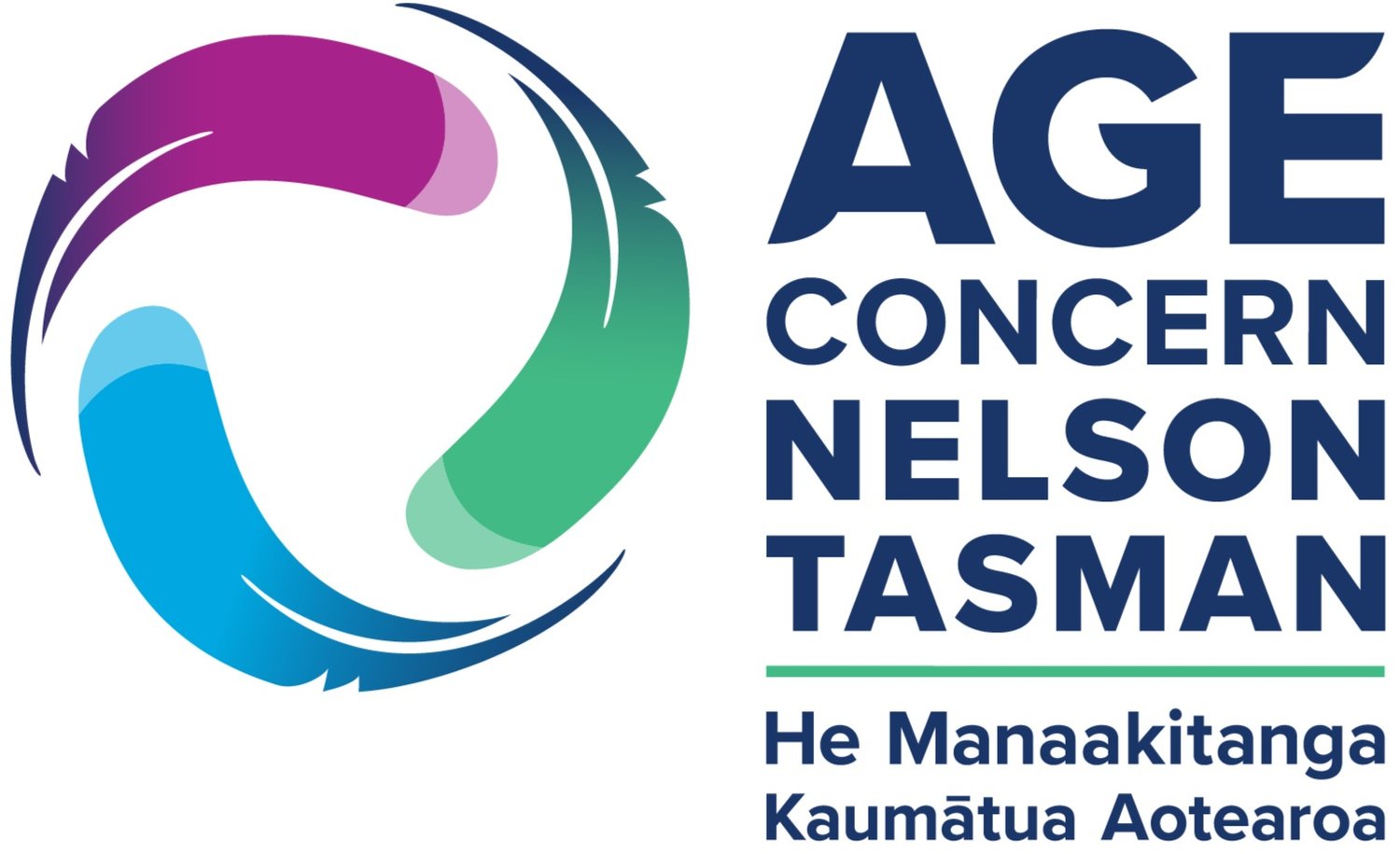Elder Abuse Awareness Week 2025: Spot the Signs
This week, we join communities across Aotearoa in recognising Elder Abuse Awareness Week, a time to bring visibility to a serious and often hidden issue affecting thousands of older people in New Zealand, including right here in Nelson Tasman.
At Age Concern Nelson Tasman, we see the reality of elder abuse up close. Our Elder Abuse Response team supports around 110 older people each year who are experiencing harm. The most common form we see is financial abuse, and heartbreakingly, it is often perpetrated by someone the older person knows and trusts, usually a family member.
But elder abuse goes far beyond financial harm. It can also be:
Psychological or emotional: belittling, threats, intimidation, or isolation
Physical: hitting, pushing, or rough handling
Sexual: unwanted or inappropriate touching or behaviour
Neglect: failing to meet someone’s basic needs
Institutional: where policies or practices in care settings cause harm
What Elder Abuse Looks Like in Nelson Tasman
Elder abuse doesn’t always look obvious. Sometimes it’s a family member taking control of someone’s money, dismissing their decisions, or isolating them from friends. Other times it’s more overt such as verbal outbursts, coercion, or denial of care.
That’s why our response relies on early identification, strong partnerships, and community awareness.
Our three specialist Elder Abuse Advisors, Kate, Jamie, and Tanya, work across the region, from Nelson and Richmond to Motueka and Golden Bay. They provide free, confidential support to older people and their whānau, and work collaboratively with a wide range of agencies including the police, lawyers, social workers, and health providers.
Our goal is to listen, support, advocate, and coordinate the right help to ensure older people feel safe, respected, and empowered.
How You Can Help
Stopping elder abuse starts with all of us. Here's how you can be part of the solution:
Learn to spot the signs
Things like withdrawal, fear, confusion, sudden changes in financial circumstances, or a general “something’s not right” feeling are all important signals to pay attention to.
Speak up
If you’re concerned about someone, trust your instincts. You don’t need to have all the answers, just reach out. We’re here to help.
Donate
Your support enables our specialist team to respond quickly and compassionately when abuse is suspected or reported. Every dollar helps us protect older people and support them to live with dignity. Donate today
“We know that elder abuse is often hidden and under-reported. That’s why awareness weeks like this are so important. They shine a light on what’s really going on behind closed doors and how all of us have a role to play in making change. We are incredibly grateful to all our supporters who make this work possible. With your help, we can ensure older people in our region feel safe, heard, and respected.”
MANAGER, Caroline Budge
If you're worried about someone, or if you're experiencing abuse yourself:
contact our team on (03) 544 7624
or complete our online referral form
or use the free 24/7 helpline 0800 EA NOT OK (0800 32 668 65), text 5032
All calls, contact and visits are handled with care and confidentiality.
Together, we can create a community where older people are valued, connected, and protected.




